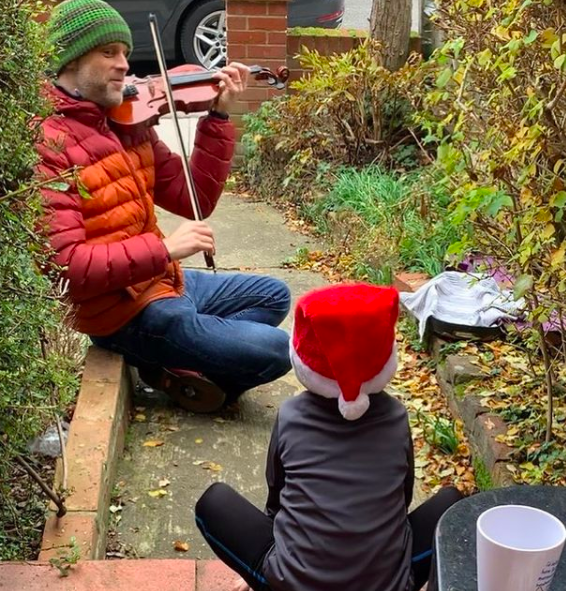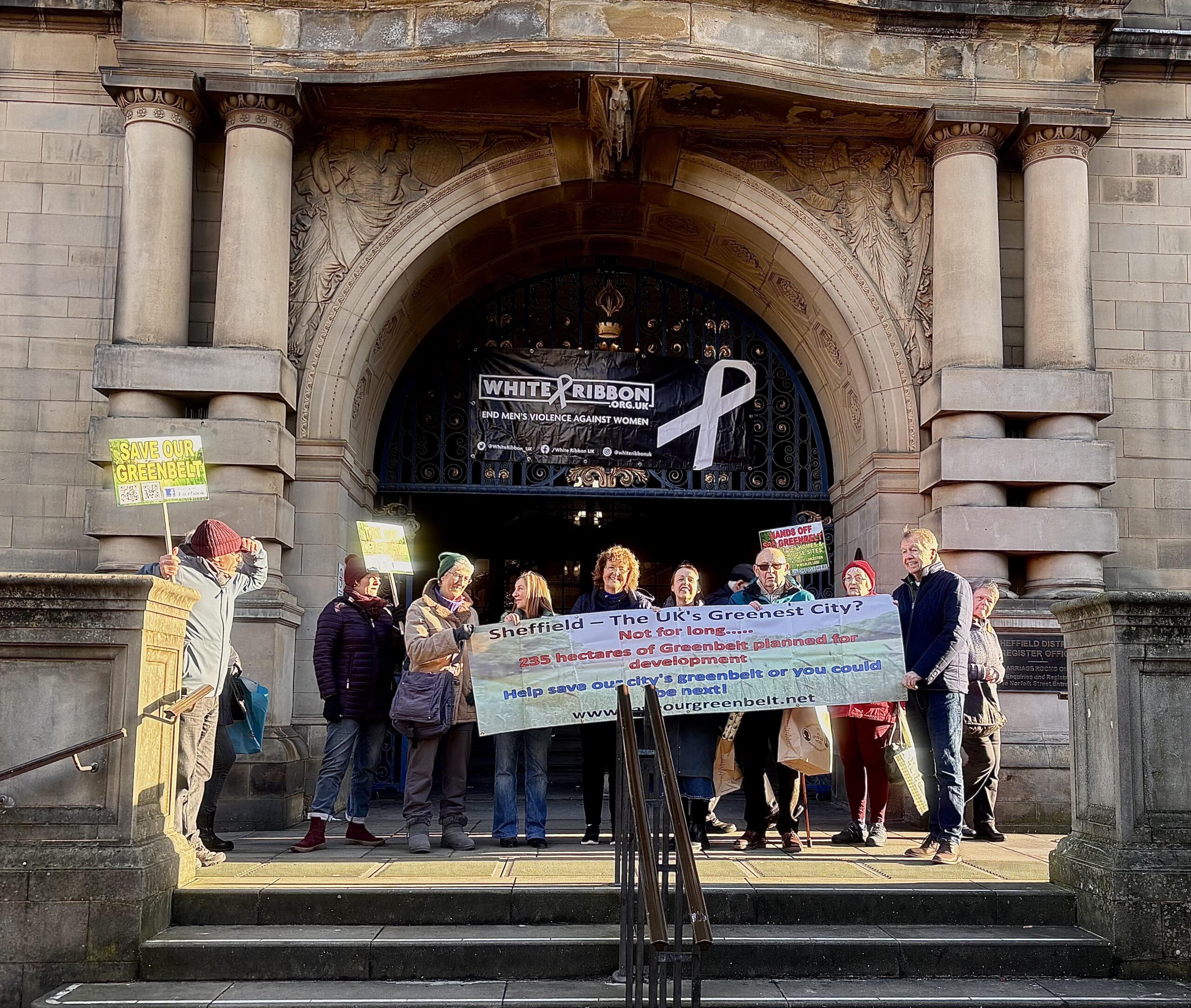As part of National Eating Disorder Awareness Week 2025, one Sheffield woman has shared her experience of suffering from bulimia and a laxative addiction.
Katy, 29, who has asked us not to use her surname, explained it took several years for her to overcome her eating disorder.
She explained she has always had a complicated relationship with food, but her health deteriorated when Katy was in her final year at university.
“As a child, and up until my eating disorder, I was always overweight,” she says. ” My mum didn’t have the healthiest relationship with food either and therefore would overfeed me.”
I appeared to the world like an overconfident, fun person. All whilst handling my shameful secret. It took over my entire life.
Katy
But it wasn’t until Katy was 20, and studying for her final degree assessments, that the stresses of her life took hold.
“Approaching the end of my final year, there was immense pressure coming from many different directions and in my mind something clicked,” she says. “Food became the one thing I could control in my life.”
Katy quickly became addicted to losing weight and pursued several ways to keep herself slim, which took her several years to recover from.
“I could appear to be normal but the stomach cramps were so extreme I would sometimes pass out from the pain,” she says. “That didn’t matter to me as long as the scales didn’t go up.
“It is so important, eating disorders are glamorised – when in reality it’s a living nightmare. The purging, laxative abuse, and fainting in public is anything but glamorous.”
But when Katy finally realised she could not carry on, she faced another battle as felt she was not taken seriously by recovery services.
“I felt because I wasn’t anorexic or severely underweight and needed immediate rehabilitation services, I was brushed off,” she says.
Katy said that finding online communities of people also suffering from less common eating disorders was a lifeline, but the lack of funding and investment in eating disorder recovery means people get treated generally, not with the specific treatments for the likes of bulimia or binge eating.
Sophie O’Horan Williams, Marketing and Communication Officer at South Yorkshire Eating Disorder Association (SYEDA), said: “There is a big misconception that a person has to look a certain way to have an eating disorder. People think it is only white, young girls. But, we know that is not true.
Barely 6% of cases are actually individuals who are underweight.
Ms O’Horan Williams, Syeda
Eating Disorder charity, Beat, estimates that at least 1.25 million people in the UK are living with an eating disorder – that’s more than 1 in 50 people.
SYEDA hopes that this year’s theme, focussing on how eating disorders can affect anyone, will encourage more people to seek help if they are struggling with eating difficulties, no matter what this will look like.
Ms O’Horan William said: “Eating difficulties can start as feeling anxious about food or noticing they are becoming very preoccupied with food.
“There are preconceptions about background and age but none of that is true, you don’t choose to have an eating disorder.”
The charity is launching a webinar, aimed at helping teachers and social workers know how to approach and talk to young people – and their colleagues, about eating disorders.
According to Sheffield Health and Social Care Trust, the city has experienced a 28% increase in demand for its Eating Disorder Service over the past five years.
SYEDA also highlighted that there is a wide range of eating disorders, some people may not even be aware of.
“People are familiar with anorexia, which is incredibly serious but there are other conditions such as binge eating, avoidant/restrictive food intake disorder, and laxative addiction,” said Ms O’Horan Williams.
SYEDA works locally in the hope to tackle these systemic issues and bring lesser-known disorders to the public’s attention.




